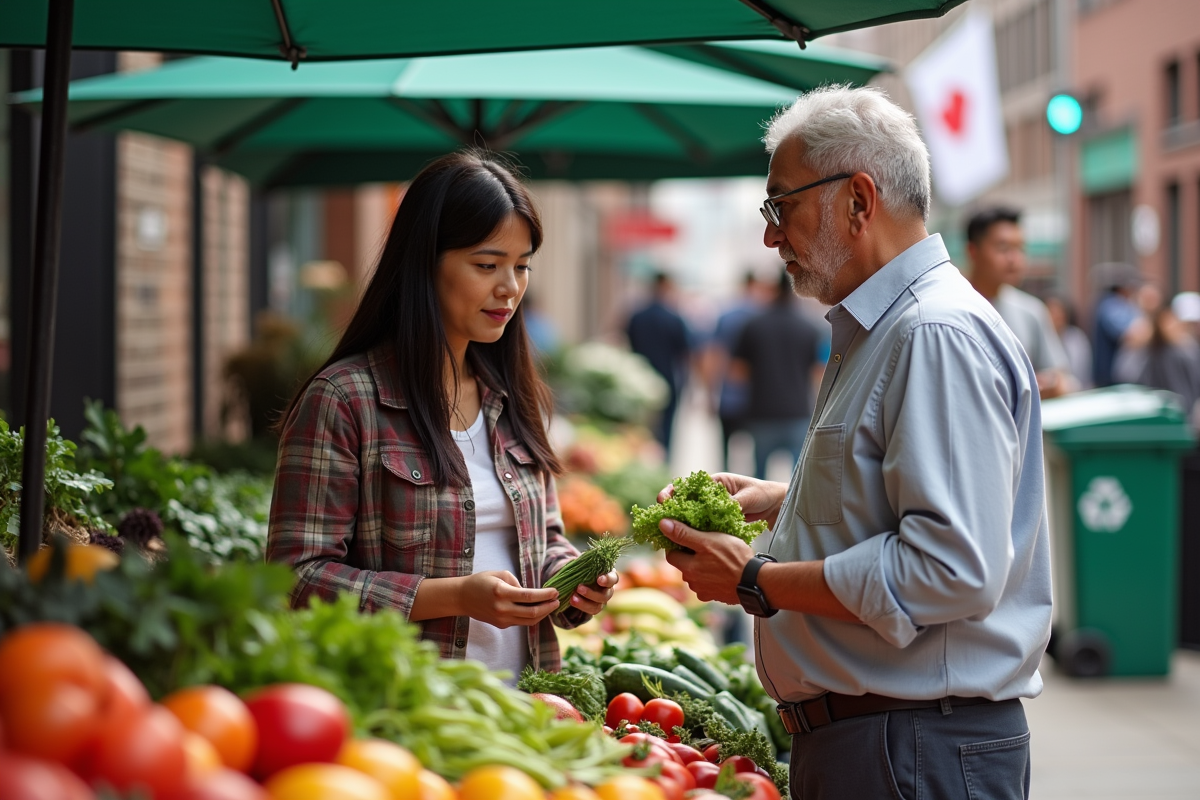
States are taking decisive action to reshape food systems and environmental policies, with 26 states introducing 129 bills in early 2025 targeting plastic reduction, nutrition access, and food safety. This legislative wave represents one of the most coordinated subnational efforts to address sustainability and public health through regulatory frameworks.
Core Policy Objectives
Three primary strategies emerge from recent legislation:
- Plastic and Chemical Reductions - Hawaii's SB1020 phases out single-use plastics in food service by 2026, while Illinois' SB748 mandates tethered plastic bottle caps by 2029. New York's A01680 creates exceptions for vital medical uses of polystyrene containers, demonstrating how states balance environmental goals with practical necessities.
- Nutrition Program Expansions - Hawaii's SB960 allocates $4.2 million to streamline SNAP administration, particularly benefiting older adults and disabled recipients through simplified applications. Connecticut's SB00795 establishes a food insecurity fund targeting urban food deserts.
- Food Safety Innovations - Illinois' SB0073 requires monthly heavy metal testing for baby food products, modeled after FDA guidelines. Maryland's HB443 mandates clearer labeling of toxic elements in children's food products.
Regional Implementation Variations
Coastal states prioritize environmental measures differently than agricultural regions:
- Pacific Focus: Hawaii leads in circular economy policies with SB551 requiring compost infrastructure for biodegradable packaging
- Northeast Coordination: New York's A02273 creates municipal food waste recycling mandates, while Connecticut debates phasing out bottle deposit systems through HB05674
- Midwest Pragmatism: Indiana's HB1577 establishes statewide mobile food vendor licensing to balance food access with safety oversight
Stakeholder Impacts
The legislation creates both opportunities and challenges:
- Low-Income Households: Hawaii's SNAP reforms could increase participation by 18% according to state estimates, though Oklahoma's HB2382 introduces stricter income verification processes
- Manufacturers: Mississippi's HB913 imposes $10,000 daily fines for mislabeled meat alternatives, while Illinois exempts small breweries from plastic cap rules
- Environmental Sector: New York's food waste laws may create 2,400+ composting jobs, offsetting potential losses in plastics manufacturing
Implementation Challenges
Early adopters reveal three key hurdles:
- Testing Capacity - Illinois' heavy metal mandate requires $7.8 million in lab upgrades
- Supply Chain Adaptation - Hawaii businesses face 18-month lead times to source compliant packaging
- Cross-State Coordination - Differing plastic definitions complicate compliance for national retailers
Future Regulatory Landscape
Three trends will likely accelerate:
- Federal Alignment: EPA is monitoring state PFAS bans like Maryland's HB386 for potential nationwide standards
- Tech Integration: Virginia's HB2710 food labeling reforms incentivize smart packaging innovations
- Cultured Protein Battles: Oklahoma's HB2829 banning lab-grown meat contrasts with California's investments in alternative protein R&D
This legislative momentum shows no signs of slowing, with 38 additional food policy bills already in committee review across 12 states as of February 2025. While implementation hurdles remain, these state-level experiments could redefine national standards for sustainable food systems within the decade.
Related Bills
Relating To The Supplemental Nutrition Assistance Program.
BABY FOODS-TOXIC HEAVY METALS
SNAP BENEFITS-VETERANS
Relating To The Supplemental Nutrition Assistance Program.
Provides that applicants for or recipients of SNAP benefits shall not be subjected to finger imaging as a requirement of the supplemental nutrition assistance program.
PFAS PRODUCT BAN
Adds honey to the list of approved foods for purchase in the WIC "Farmer's Market Nutrition Program"
PFAS-CHILD PRODUCTS
Relating To The Supplemental Nutrition Assistance Program.
Agriculture; creating Kenny's Law; requiring gates to remain closed. Effective date.
Related Articles
You might also be interested in these articles
